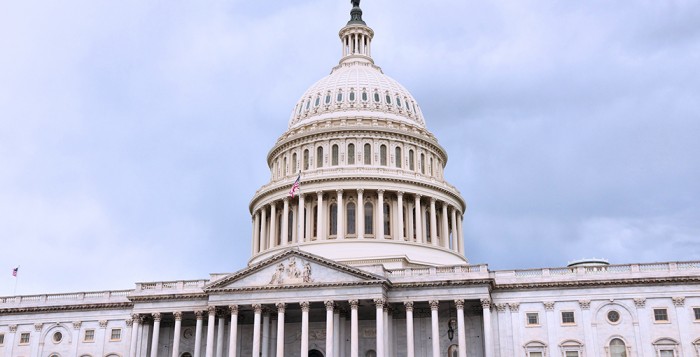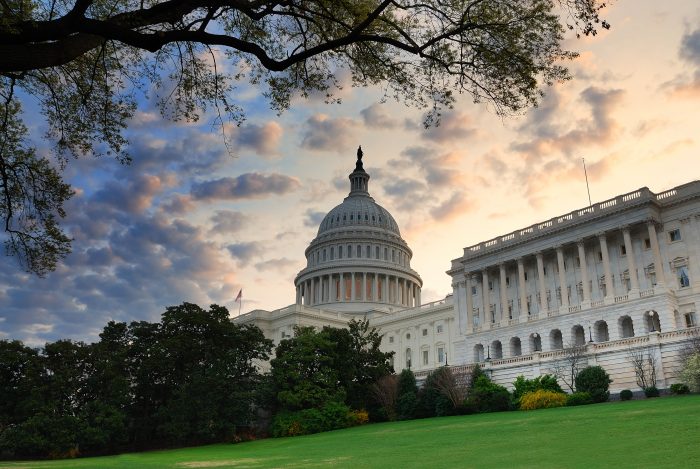The passage of the “One Big Beautiful Bill Act” has made significant changes to Medicaid, the Children’s Health Insurance Program, and Medicare, with strict requirements to maintain Federal support and criteria to qualify and maintain enrollment in Federal healthcare programs. There are several key provisions that will result in hundreds of thousands of Pennsylvanians losing access to healthcare:
- “Community Engagement” Requirements which will require able-bodied adults to study, work, or volunteer for a minimum of 80 hours per month for expansion enrollees aged 19 – 64.
- There are exceptions to these work requirements for people who are: enrolled in Medicare; incarcerated (and for 90 days following incarceration); pregnant or receiving postpartum coverage; Urban and California Indians; are caretakers of dependents under the age of 14; veterans with a total disability rating; are “medically frail”; participate in SNAP and are not exempt from its work requirements; or who have a substance use disorder or a disabling mental disorder (though neither of those exemptions are clearly defined). In addition, individuals who are participating in a drug or alcohol treatment and rehabilitation program (as defined in section 3(h) of the Food and Nutrition Act [FNA] of 2008) are exempt. However, FNA defines drug addiction or alcoholic treatment and rehabilitation programs as “any such program conducted by a private nonprofit organization or institution.” With no clear guidance at this point on how an individual is determined to qualify as having an SUD, the definition of drug addiction or alcoholic treatment and rehabilitation program could be an issue for for-profit providers.
- States may request an exemption for 2027 and 2028 if they show a “good faith” effort to implement the program.
- Limits to certain non-citizen access to federal health services, which will prevent certain individuals from enrolling in or receiving Medicaid or CHIP benefits. Medicaid will no longer be available to refugees, asylees, victims of trafficking, or other people under temporary protected status, with certain exceptions.
- Eligibility redeterminations must be made every six months for Expansion enrollees. Individuals who are exempt from the community engagement requirements are also exempt from the bi-annual eligibility redeterminations.
Additional Resources:
- For a summary of the entirety of the Big Beautiful Bill, view the Comprehensive Holland and Knight Analysis.
- For a complete timeline, impacts on enrollees, providers, and the State, visit here.
















